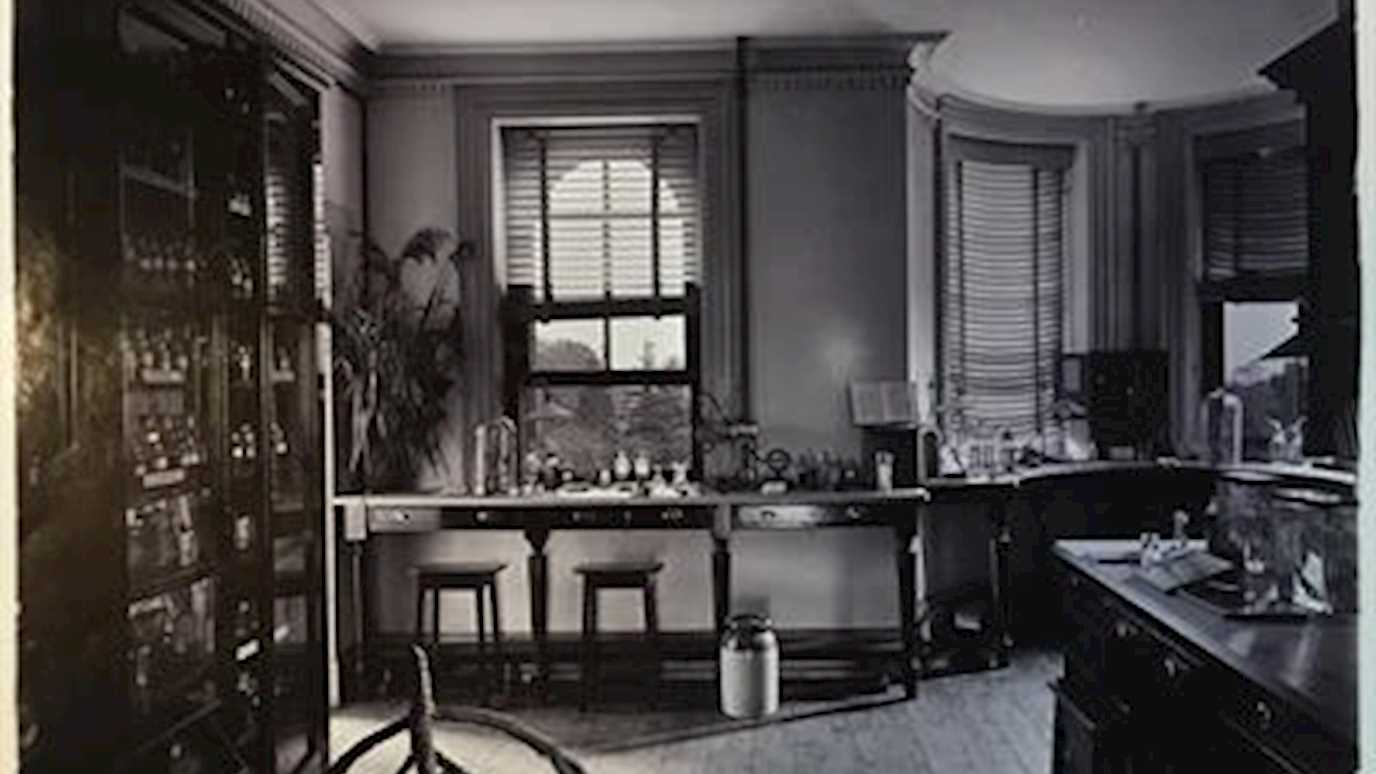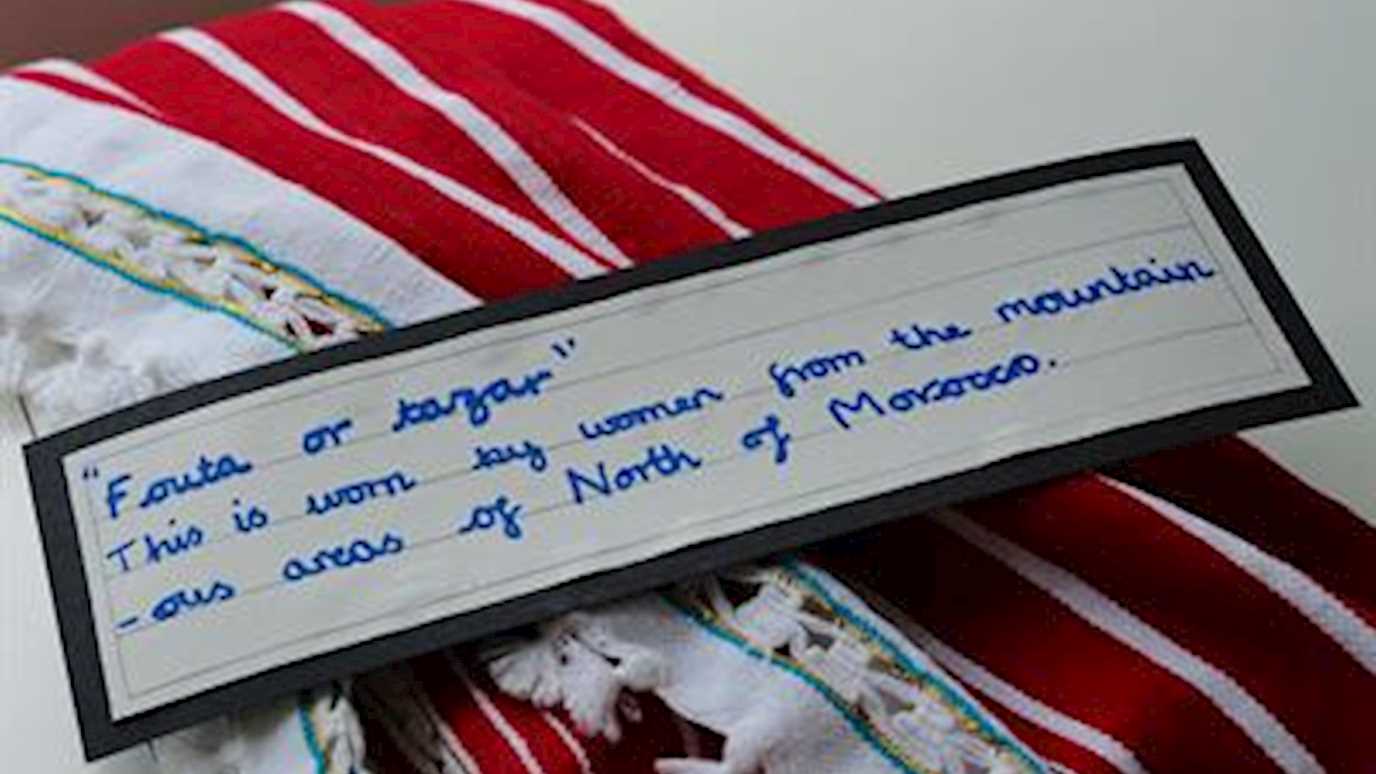By Felix Driver

The Mobile Museum research project, a collaboration between Royal Holloway and Kew Gardens, has a new website. Supported by a grant from the Arts & Humanities Research Council, the project sought to map the dispersal of tens of thousands of objects from Kew’s Museum of Economic Botany to other botanic gardens, museums, universities, schools and businesses in the UK and around the world, between 1847 and 1990. The project’s core questions were all about the circulation of these museum objects. How and why was the process of distribution managed? What does the pattern of dispersal tell us about the ways in which museum collections were mobilised during the nineteenth and twentieth centuries? How can it inform new ways of understanding the re-mobilisation of museum collections in the twenty-first century?
On the new Mobile Museum website you will find an overview of the Mobile Museum project, details of major publications and other outputs including research data, an introduction to impact-related activity including our work with two London primary schools), reports on our events (from academic conferences to public engagement), thirty blogs by our team, innumerable tweets on our twitter feed, and profiles of the staff, our partners and associates on the project.
The ideas for the Mobile Museum project were hatched in a series of discussions between myself, Mark Nesbitt and Caroline Cornish, conversations which gained momentum from the summer of 2015. With substantial grant funding gained from AHRC, the project began formally in January 2017. After nearly three years of work, it seems an appropriate time to take stock. How far have we achieved what we hoped to do? What surprises have we turned up, what avenues have proved worthwhile, which promising leads ended in dead-ends?
These are large questions, certainly too many for a short blog. But on our new website you will find some clues towards some answers. Thanks to Open Access funding from Royal Holloway, we have been able to make freely available a number of publications, and more articles are due to appear in the next couple of years. Our plans for book publishing have multiplied, with one book (to be published we hope in 2021) joined unexpectedly by a second – the product of a hugely stimulating and enjoyable conference held at Kew in May 2019 – to be published by UCL Press (again Open Access).
Many humanities research projects result in publications. But surprisingly few result in research data being shared, freely and widely, with researchers and other interested parties. Inspired by Kew’s commitment to data sharing, the Mobile Museum website now contains a research data page devoted to datasets, transcribed archives and digitised archive files created in the course of our work over three years and now made freely available via Royal Holloway’s Figshare data repository and also through the wonderful Biodiversity Heritage Library website. A substantial amount of new information is now available through the website, and more will be added soon.
Beyond the academy, we have also sought to engage with museum professionals, including curators of ‘biocultural’ collections in botanic gardens and ethnographic museums in the UK, Europe, North America and Australia. We have also learned much from Kew’s other research collaborations, notably in Brazil.
Amongst our many and varied public engagement activities, the work of the Mobile Museum team in creating a twenty-first century economic botany museum for the 2019 Open House Day was definitely a highlight. Another was the experience of working with two London primary schools, whose pupils and teachers co-curated school museums of their own devoted to plants and plant-based products from around the world.
As the Mobile Museum website makes clear, project like ours depend on extensive networks of support, both personal and institutional. A great number of museum partners and associates in the UK and overseas provided stimulus and support throughout the project, providing information, hosting visits, answering queries and giving very helpful advice along the way. You will find links to many of these institutions on the project website.
And what of the surprises, the exciting leads and the dead ends? You can follow up on some of them in our 30 blogs and our twitter feed which will continue, we hope, beyond the formal end of the project. For me, there have been plenty of discoveries and surprises, and remarkably few disappointments along the way. Perhaps the best thing about this project has been the experience of working in close collaboration with the Mobile Museum team, alongside researchers, curators, archivists, scientists and learning professionals at Kew. Collections-based humanities research conducted at the heart of a world-leading science institution: it doesn’t get better than this.
Project website: https://royalholloway.ac.uk/mobilemuseum
Twitter feed: @KewMobileMuseum























